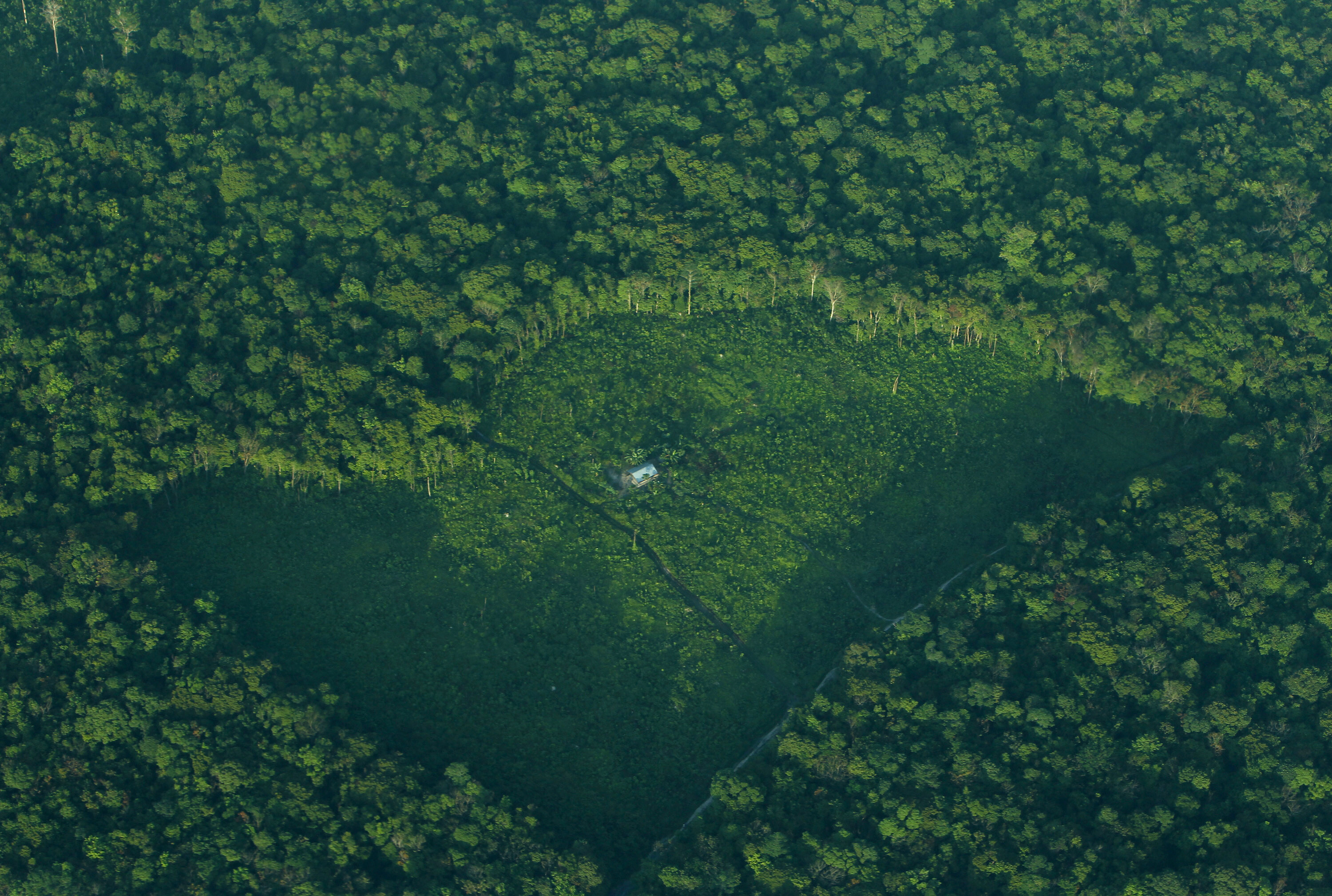Who owns the world’s nuclear warheads?

In an historic agreement after negotiations lasting nearly two years, Iran and six major world powers reached an agreement on the future of Iran’s nuclear programme.
If all parties ratify the deal, economic sanctions imposed by the European Union, United Nations, and United States will be lifted and tough limits placed on Iran’s nuclear programme.
US President Barack Obama welcomed the agreement, promising to veto any attempt by Republicans to derail the deal.
Iran’s nuclear development has been limited, and this agreement is likely to put less upward pressure on the world’s store of nuclear weapons.
There remain large numbers of nuclear weapons held in stockpiles around the world.
The United States had around 5,000 warheads in 2010, and estimates put the current number closer to 2,000 – far lower than the 30,000+ it had in the late 1960s. It’s a similar story with Russia, which currently has around 4,500 active warheads and a little over 7,000 in reserve.
Image: A US Air Force missile maintenance team removes the upper section of an intercontinental ballistic missile with a nuclear warhead in an undated USAF photo at Malmstrom Air Force Base, Montana. REUTERS/USAF/Airman John Parie
Don't miss any update on this topic
Create a free account and access your personalized content collection with our latest publications and analyses.
License and Republishing
World Economic Forum articles may be republished in accordance with the Creative Commons Attribution-NonCommercial-NoDerivatives 4.0 International Public License, and in accordance with our Terms of Use.
The views expressed in this article are those of the author alone and not the World Economic Forum.
Stay up to date:
Iran
Forum Stories newsletter
Bringing you weekly curated insights and analysis on the global issues that matter.
More on Global CooperationSee all
Sebastian Buckup and Maximilian Martin
November 13, 2025







